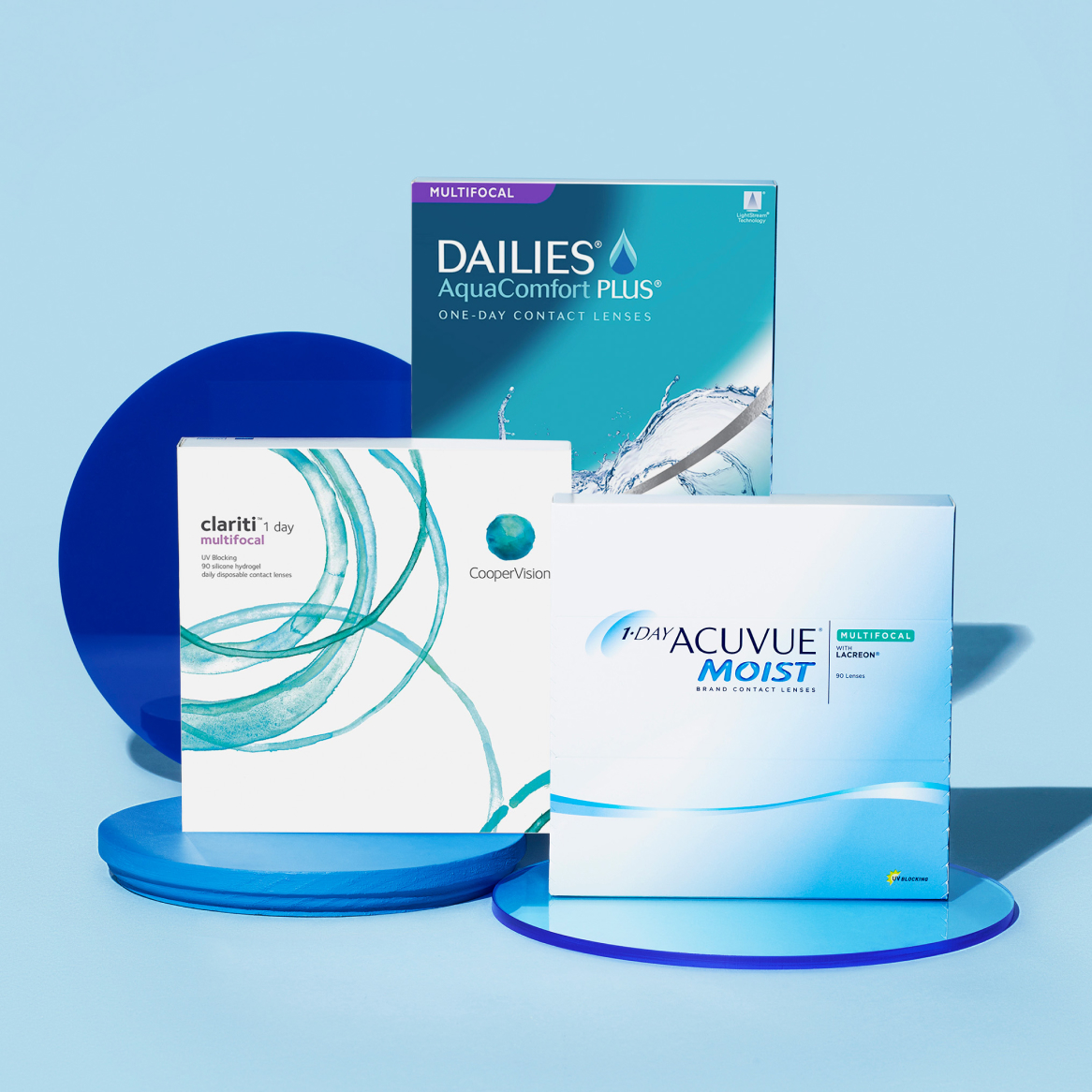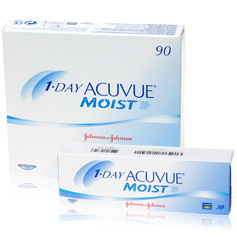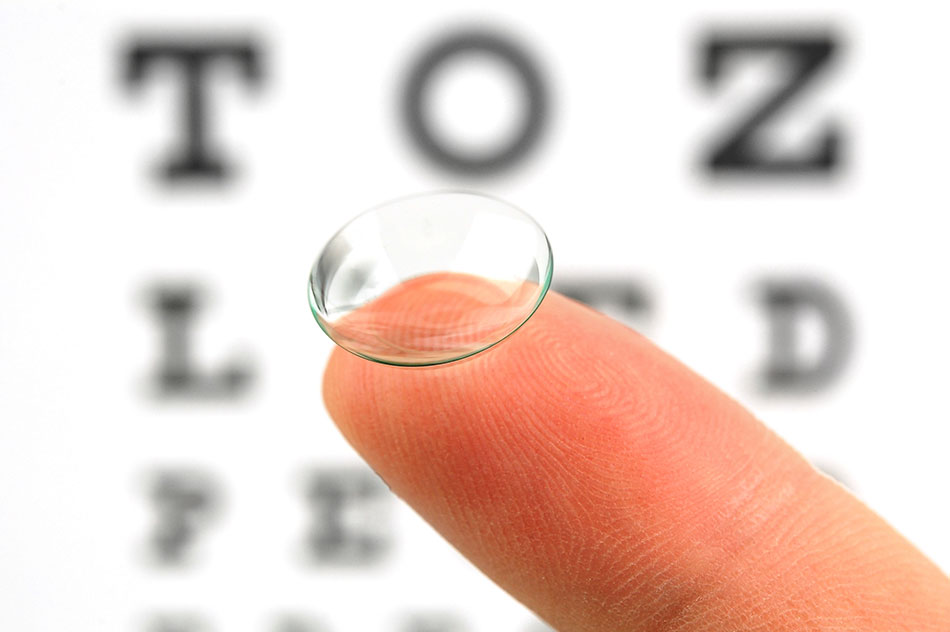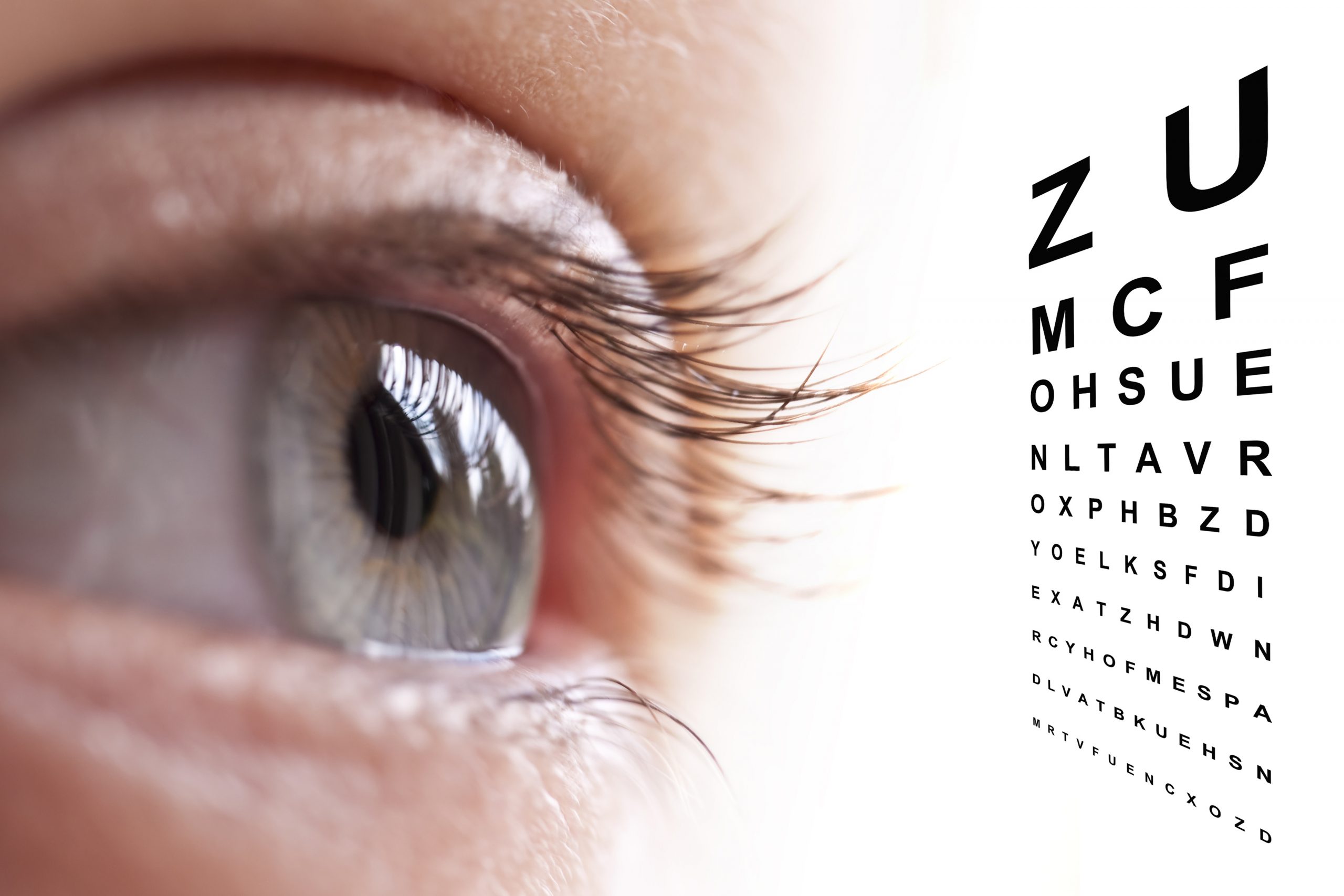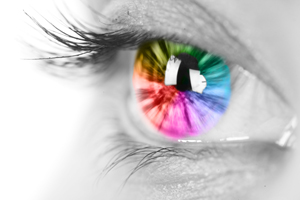Multifocal Contact Lenses work by fitting multiple prescription strengths on a single lens, a feat made possible by their unique design. Multifocal contacts comprise multiple prescription strengths in a single contact lens to correct vision at multiple distances (e.g., near, intermediate, and far). In other words, you might think of multifocal contacts as all-in-one contacts for reading and distance (and everything in between). “Multifocal contacts” is an umbrella term that includes any contact lenses with more than one lens strength…. Read More ➝
Category Archives: ALL ABOUT CONTACT LENSES
If you’ve been given a prescription by your optometrist, choosing whether to opt for glasses or contact lenses can be a difficult decision. There are many factors you will need to take into account; such as lifestyle, comfort, budget, appearance and convenience. If you have dry or sensitive eyes, you may find that glasses are an effective solution, as contact lenses can cause problems with this. Glasses will also reduce the need to touch your eyes, decreasing any chances of… Read More ➝
One of the things that make contact lenses so popular is the convenience they provide for sports participants. Lenses have made it possible for people with visual problems to pursue their passion and even compete professionally in sports where poor sight would otherwise be a problem. Wearing glasses is fine, but is impractical for many sports. So which contact lens types represent the best choice for athletes? According to an article in the current issue of Contact Lens Spectrum, daily… Read More ➝
Choosing the right contact lenses is crucial than just buying a pair of eyeglasses. It is because contact lenses come in direct contact with your eyes, and so should be chosen with greater care. That is why there are a few things that you should know about, such as the material of contact lenses before you decide to buy them.Let us tell you further about the different materials that contact lenses come in. Read below. There are various types of… Read More ➝
Contact Lenses are not one size fits all item – they are a medical device and you must be fitted for lenses by a qualified optometrist to ensure a perfect fit and optimum vision correction. Having your contact lenses fit correctly and following the recommend replacement schedule as outlined by your optometrist is the best step to avoid any possible damage to your eyes, which can result in permanent vision loss. When you have your consultation for a contact lens… Read More ➝
A few of the countless facts to be learned about one of our bodies most complex and interesting organs. Though we take it for granted, the miracle of vision is one of the greatest gifts we have just by virtue of being members of the human race. Simple things like seeing a deer in the wilderness, watching our favorite sports teams and viewing great works of art enrich our lives in absolutely immeasurable quantities. Your eyes are about 1 inch… Read More ➝
We’ve all heard the old wives’ tales that carrots are good for your eyes and watching too much TV will make your eyes square. But how do you separate fact from fiction when it comes to looking after your eye health? Myth 1: Reading in poor light is bad for your eyes Although it can lead to eye strain, making them tire quicker, there is no evidence to suggest that reading in dim light will cause any long-term damage to… Read More ➝
If you think that contact lenses involve a lot of effort, or if you wish to wake up in the morning with clear vision, you may wish to know more about extended wear lenses. Helpfully, an article on allaboutvision.com has summarised some of the benefits of this technology, as well as some of the risks involved. Extended wear lenses mean those that have been approved for being left in overnight. They are specially designed from silicone hydrogel materials, which allow… Read More ➝
